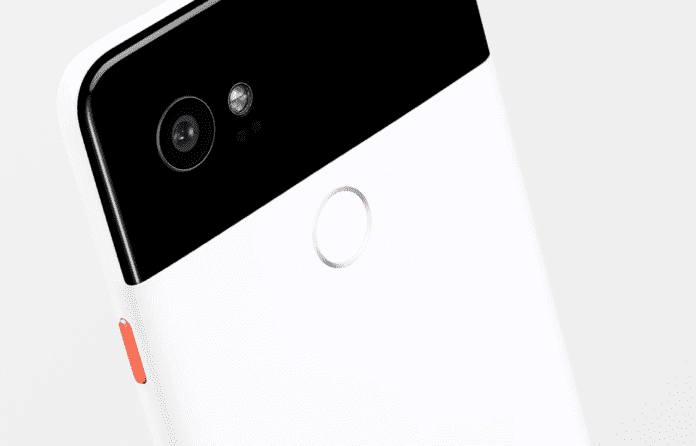You would think Google is a giant success in everything they touch, but in reality, they win and lose just like every other company. Troubles and problems reported on their newest Pixel 2 smartphone are an example of a great company who can’t seem to get out of their own way.
Google wants to own the wireless industry. That’s why they are a player in three segments. Their success with the Android operating system may blind the marketplace into thinking Google is successful in all aspects of wireless. However, with services and smartphones they struggle like most companies and competitors do.
Google wireless ambitions only partially successful
Google Android is an OS used by many smartphone makers. This is a big winner for the company. Google Project Fi is their services business which resells T-Mobile and Sprint in an MVNO. This has not blown the doors off the industry like they hoped. Google Pixel 2 is their newest smartphone device which uses Android and competes with Apple iPhone, Samsung Galaxy and a host of other devices.
The Pixel 2 should have been flawless. It is their next generation smartphone. They should have tested and learned all the problems they could face with their previous attempts. However, the Pixel 2 has its own share of problems.
Sure, a software update or two could probably fix the problems, but the damage to the Pixel image is real. So far, it is unreliable, especially compared with other winning smartphones like iPhone and Galaxy.
Every industry embracing wireless to gain competitive advantage
The wireless industry is incredibly important going forward. Every industry is embracing wireless technology to gain a competitive advantage. New companies like Uber and Lyft are transforming more traditional spaces.
Smartphones are growing from a communications device, to a remote control that will help us with everything in our lives. It opens doors, we use it to pay for things with our credit cards, it stores important documents like insurance ID cards and more every day.
The smartphone is becoming the most powerful remote control in our lives. Yesterday, when we left the house in the morning, we grabbed our wallet, keys and smartphone.Tomorrow, we only have to grab the smartphone. It will do everything.
That’s the world Google sees and that’s the world they want to own and grow.
Understood. However, if that’s the case, they need to create an OS, device and service that will own the space. The problem is they have only done this with Android. Services and smartphones are still struggling.
Google keeps misfiring in wireless handsets and service
If Google wants to own wireless going forward, why do they keep misfiring? If they want to be a player going forward, they need to have a top-quality product that captures the imagination. However, they keep missing.
There is always tomorrow. The wireless handset industry has shown it can change. In the 1990’s the leader was Motorola StarTac. In the 2000’s, the leaders were Nokia and Blackberry. Today the leaders are Apple iPhone, Google Android and Samsung Galaxy. The leaders in networks are AT&T Mobility, Verizon Wireless, T-Mobile and Sprint.
So, as you can see, things can change and often do. This means Google is not dead with their hopes of winning the OS, smartphone and services side of the business. However, if they want to win, they have to start winning with more than just Android.

